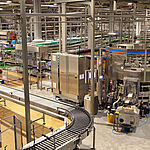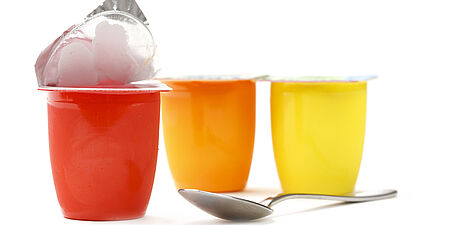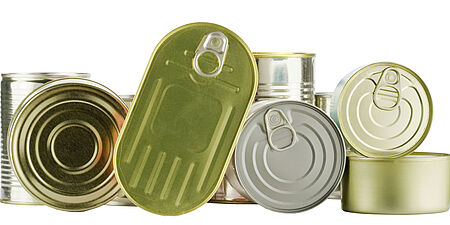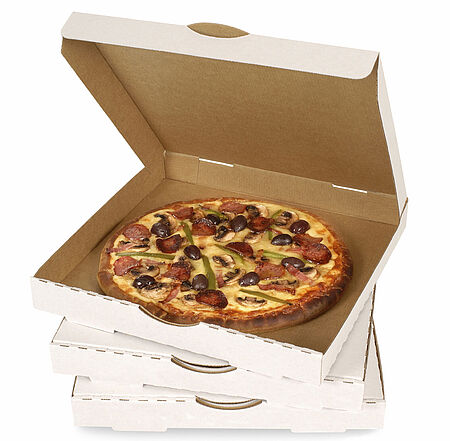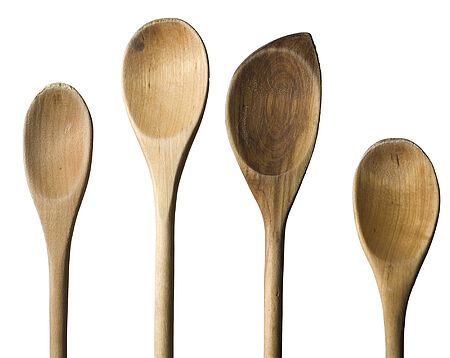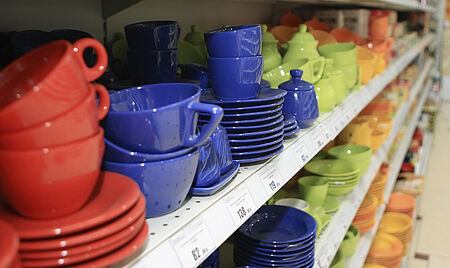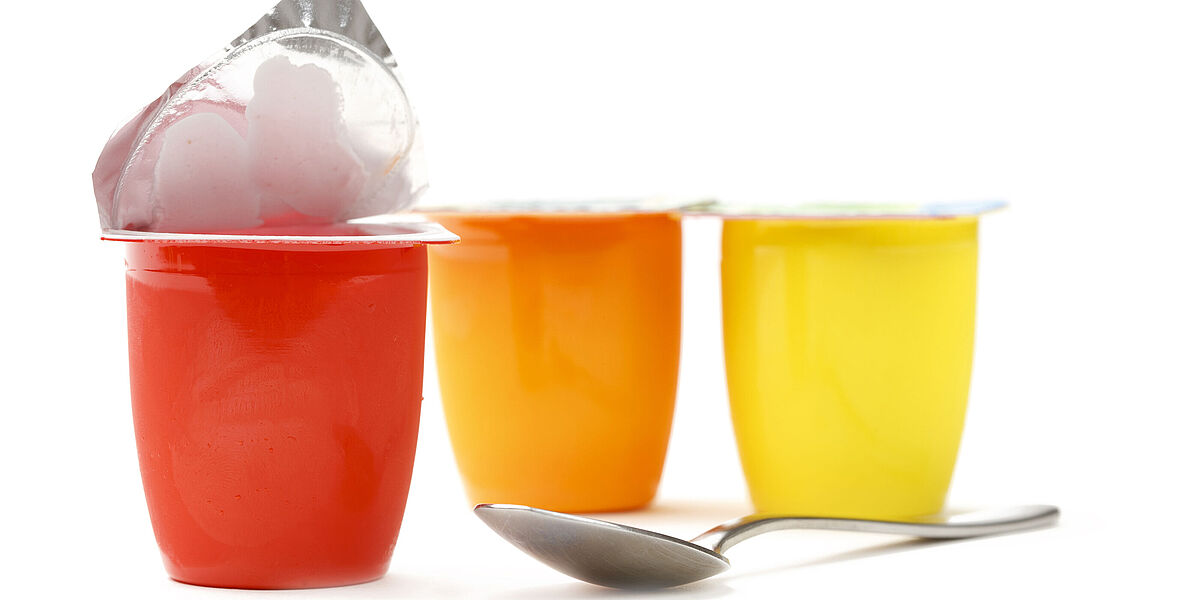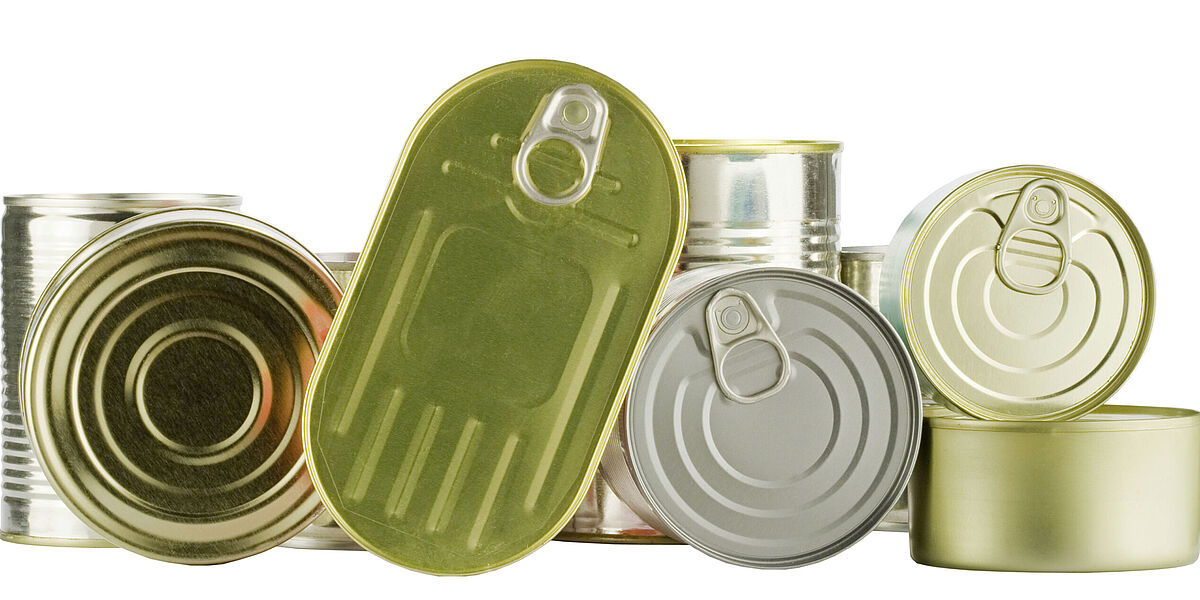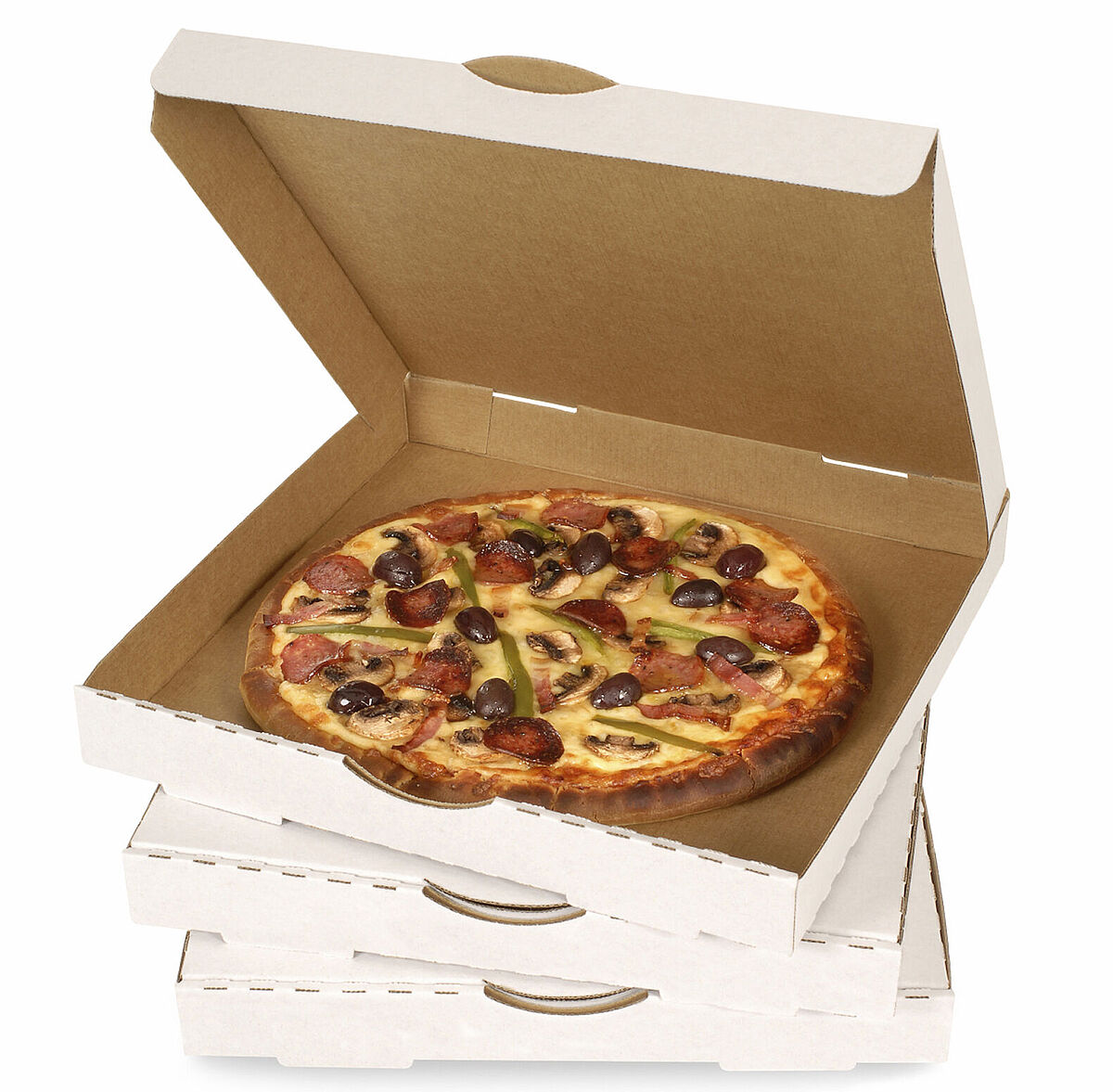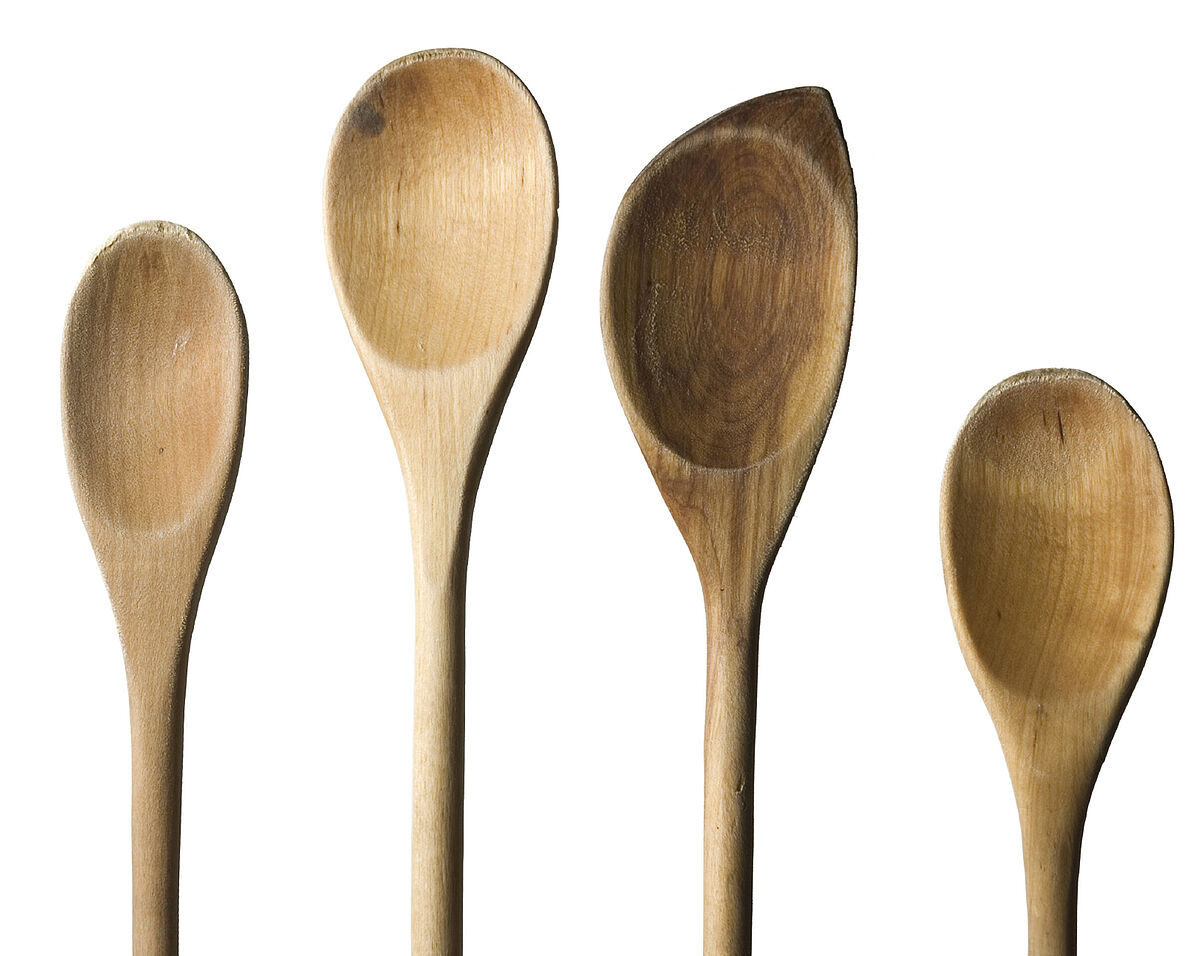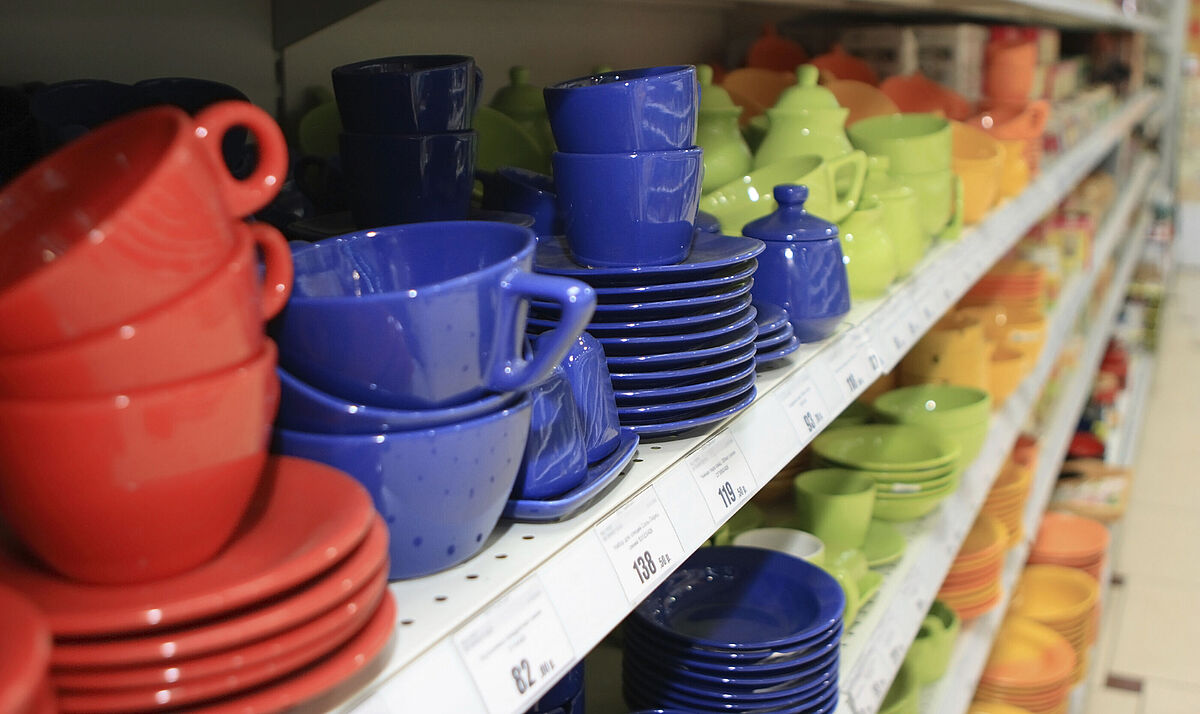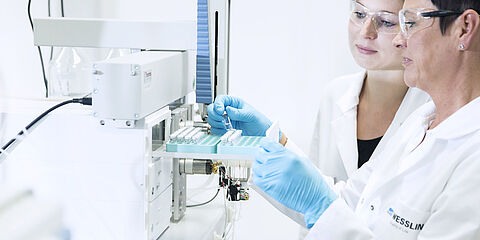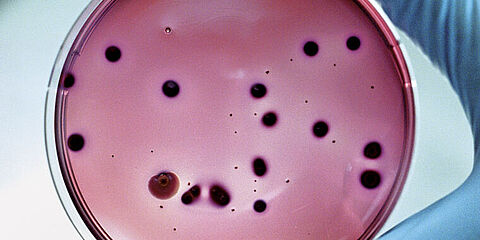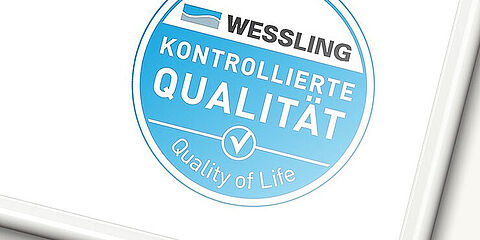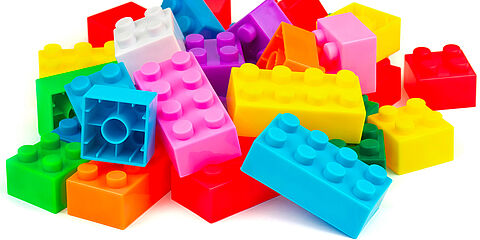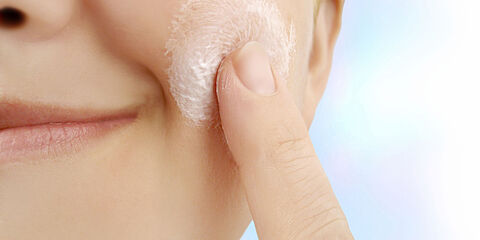Food contact materials, analysis and consulting
WESSLING stands for the conformity of food contact materials: our specialists use the latest laboratory technology and competent expert services to ensure that your food contact products are safe for consumers.
Materials that come into contact with food must not negatively affect the quality of the food - in either chemical, physical or sensory terms. At the same time, the health of consumers must not be placed at risk.
Analysis and consulting for food contact materials: services in detail
Analysis and consulting for food contact materials: services in detail
Plastic
Food contact materials made of plastic
Plastics come into contact with food in various ways, e.g. in the form of drinks bottles, film packaging, kitchen utensils or during production in the form of seals and conveyor belts.
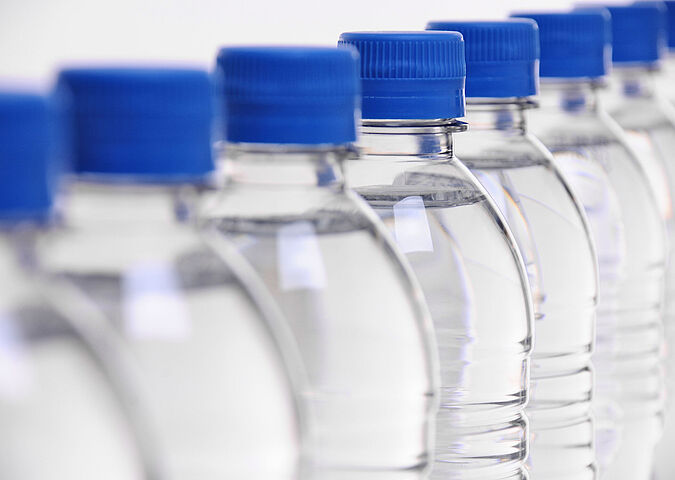
Analysis and consulting - our range of services:
- Conformity testing of plastics with food contact (Plastic Implementation Measurement (PIM)) as per Regulation (EU) no. 10/2011
- Global migration, specific migration (SML – Specific Migration Limit) as per Annexes I and II of Regulation (EU) no. 10/2011 and analysis of residual monomer contents
- Sensory testing (DIN 10955)
- GC-MS screening of migration to ethanol or Tenax for NIAS
- Testing according to German Federal Institute for Risk Assessment (BfR) requirements
- Creation of test plans
- Checking supporting documents
- Support in creating the declaration of conformity
- Further harmful substances such as PAHs, phthalates, heavy metals
- Plastics identification (IR)
We are also happy to support you with respect to any special questions concerning the individual materials:
- Analysis of the migration of melamine and formaldehyde from food contact items made of melamine formaldehyde resins
- Analysis of the migration of primary aromatic amines in polyamide plastics, e.g. spatulas
- Analysis of isocyanates in polyurethanes
- Analysis of thermoplastic elastomers (TPE)
Analysis and consulting for food contact materials: services in detail
Paper
Food contact materials made of paper
Food contact materials made of paper and cardboard can be used as packaging, coffee filters, bakery bags or serviettes, for example.

Analysis and consulting - our range of services:
- Testing according to BfR Recommendations XXXVI and XXXVI/1.–3., particularly for harmful substances such as formaldehyde, bisphenol A and phthalates
- Testing of coated, printed and glued paper and cardboard products
- Primary aromatic amines (paA) by means of photometry and LC-MS/MS
- NIAS screening
- Testing for chloropropanols (3-MCPD and DCP) in the aqueous extract
- Sensory testing
- GC-MS screening after migration to Tenax
- Mineral oil hydrocarbons (MOSH/MOAH) by means of LC-GC-FID coupling
- Simulation set-off
- Creation and performance of the analysis plan for the conformity test
- If necessary, contacting suppliers to obtain the documents required for conformity testing
Analysis and consulting for food contact materials: services in detail
Metal
Food contact materials made of metal
Metal items that come into direct contact with food include drinks cans, saucepans and vacuum flasks as well as screws and nuts.
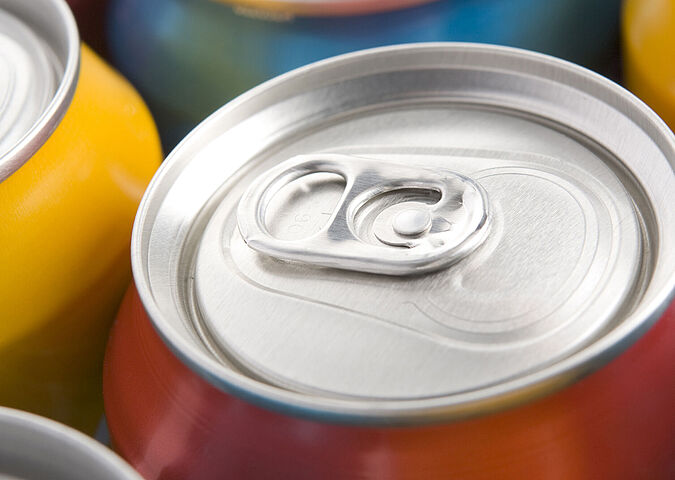
Analysis and consulting - our range of services:
- Testing and confirmation of the conformity of 21 metals as per the guideline "Metals and alloys used in food contact materials and articles"
- Harmful substances: lead and cadmium migration
- Sensory testing
- X-ray fluorescence analysis for determining metal
- Risk-based SVHC screening
Our services in the field of epoxy resin coatings:
- Migration analysis of BADGE/NOGE/BFDGE and bisphenol A as well as epichlorohydrin for metal food contact products coated with epoxy resin
Analysis and consulting for food contact materials: services in detail
Glass, ceramics, enamel
Food contact materials made of glass/ceramics/enamel
Complex legal regulations apply to items made of glass, ceramic or enamel that come into contact with food, e.g. glasses, cups or bowls.
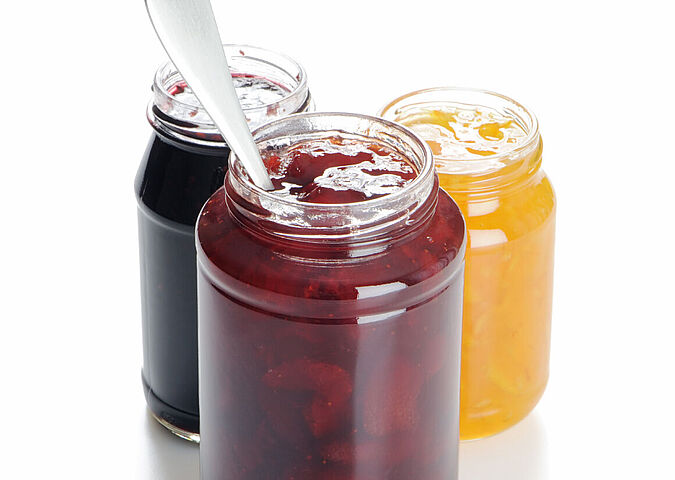
Analysis and consulting - our range of services:
- Consulting for compiling the tests for each article
- Metal migration: lead and cadmium
- Sensory testing
- Risk-based SVHC screening
Analysis and consulting for food contact materials: services in detail
Wood
Food contact materials made of wood
Many different articles that come into contact with food are made of wood – cooking spoons, chopping boards or bread boxes, for example.
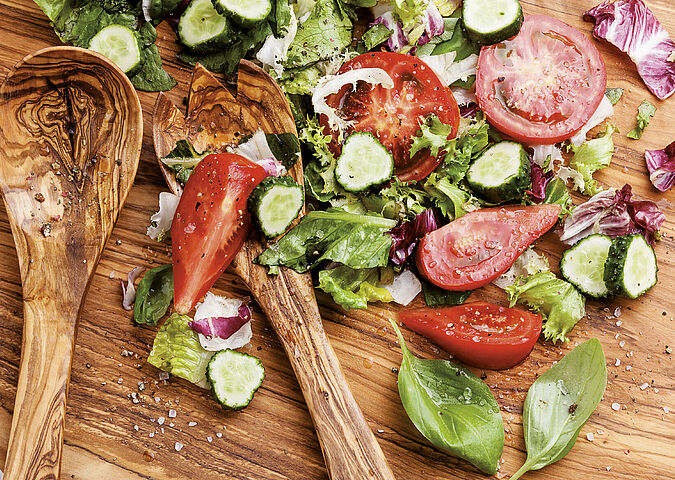
Our range of services:
- Consulting on the individual test scope
- Formaldehyde
- Wood preservatives
- Chlorophenols (incl. PCP)
- Sensory testing
- Polychlorinated biphenyls (PCB)
- Testing of varnished products
Our services for your industry
WESSLING provides individual service packages that are tailored to the needs of your company.
Regulations and specifications
The EU's framework regulation, Regulation (EC) 1935/2004, regulates the requirements for all food contact materials. There are also further European regulations, directives, national legislation or recommendations which may differ extensively depending on the characteristics of the product.
The WESSLING experts keep an eye on the specifications: benefit from reliable laboratory analysis in combination with tailored expert services. Our specialists are certified for analysing official cross checks according to Section 43 of the German Food and Feed Code (LFGB).
Your contact for analysis and consulting for food contact materials
- Charly Wang
- +86 21 337 253 67
- charly.wang@wessling.cn

„Reliable, cost-effective, neutral and independent – our analysis and consulting services form the basis for high-quality food contact materials that succeed on the market.“

